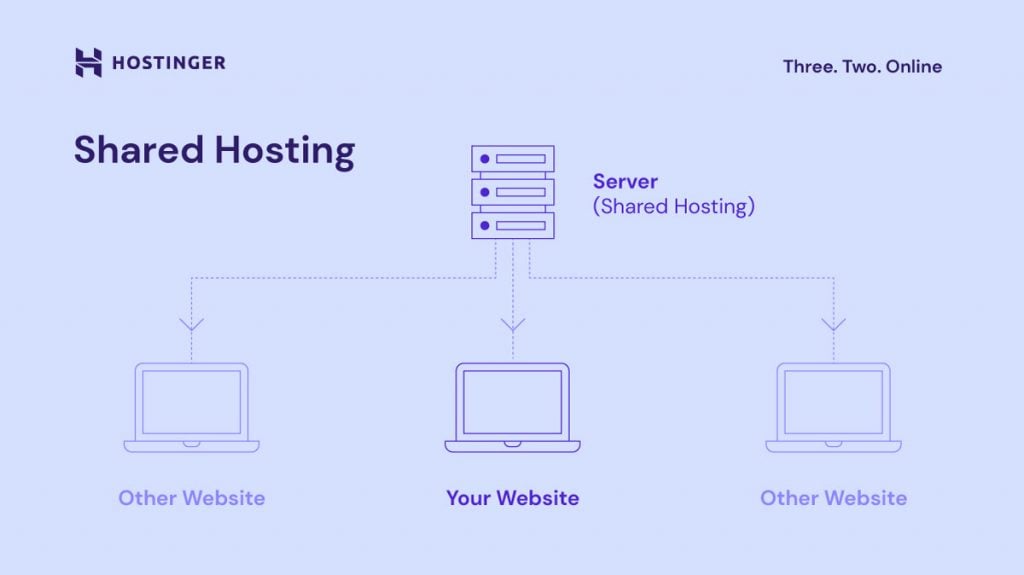Shared Web Hosting Explained
Shared web hosting is a popular and cost-effective way for individuals and small businesses to host their websites on the internet. In this article, we will explore what shared web hosting is, how it works, and its advantages and disadvantages.
What is Shared Web Hosting?
Shared web hosting involves hosting multiple websites on a single server. This means that your website shares server resources, such as CPU, memory, and disk space, with other websites hosted on the same server. Each website has its own separate directory on the server, ensuring that one website’s files are not accessible by another website.
Shared web hosting is an entry-level hosting option that is ideal for websites with low to moderate traffic. It is an affordable option for individuals and small businesses who do not require the resources of a dedicated server.
How Does Shared Web Hosting Work?
When you sign up for a shared web hosting plan, your website’s files are stored on a server along with the files of other websites. The hosting provider is responsible for managing server resources and ensuring that all websites on the server have access to the necessary resources. They also provide technical support and maintenance services for the server.
Shared web hosting typically includes features such as a control panel for managing your website, email accounts, databases, and other resources. It also includes tools for monitoring website performance and security.
Advantages of Shared Web Hosting
- Affordability: Shared web hosting is one of the most affordable hosting options available, making it ideal for individuals and small businesses on a budget.
- Easy to Use: Shared web hosting providers offer user-friendly control panels that make it easy to manage your website and email accounts.
- Technical Support: Shared web hosting providers typically offer 24/7 technical support to help you with any issues or questions you may have.
- Scalability: Shared web hosting plans can easily be upgraded to accommodate the growth of your website or business.
Disadvantages of Shared Web Hosting
- Resource Limitations: Since you are sharing server resources with other websites, your website’s performance may be affected by spikes in traffic or resource usage by other websites.
- Security Risks: If one of the websites on the server is compromised, it could potentially impact the security of other websites on the server.
- Customization Limitations: Shared web hosting may have limitations on the software and configurations you can use on the server.
Conclusion
Shared web hosting is a cost-effective hosting option that is suitable for individuals and small businesses looking to establish an online presence. While it has its limitations, shared web hosting provides a reliable and easy-to-use hosting solution for websites with low to moderate traffic.
